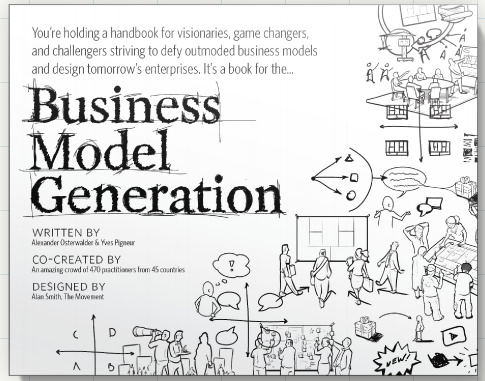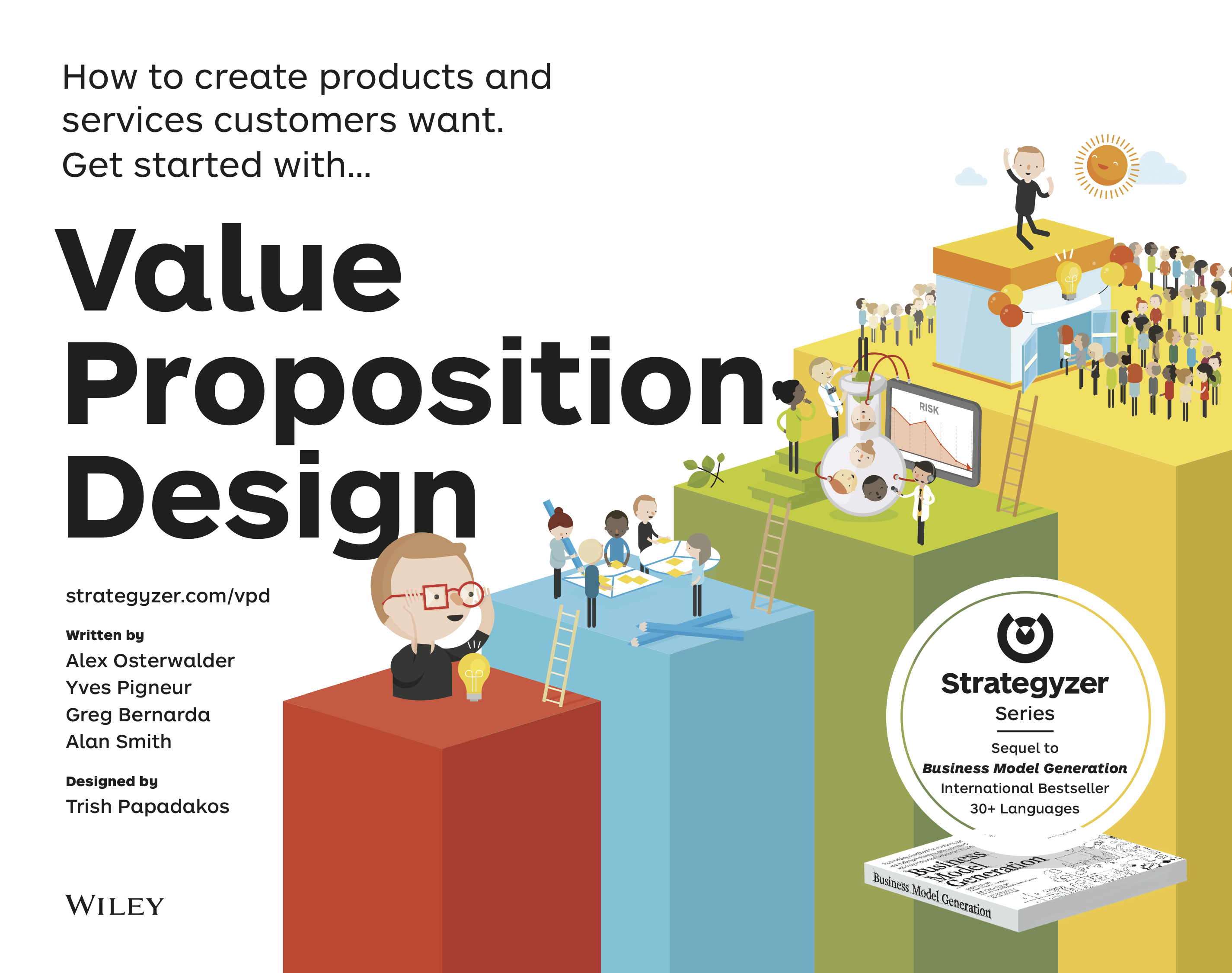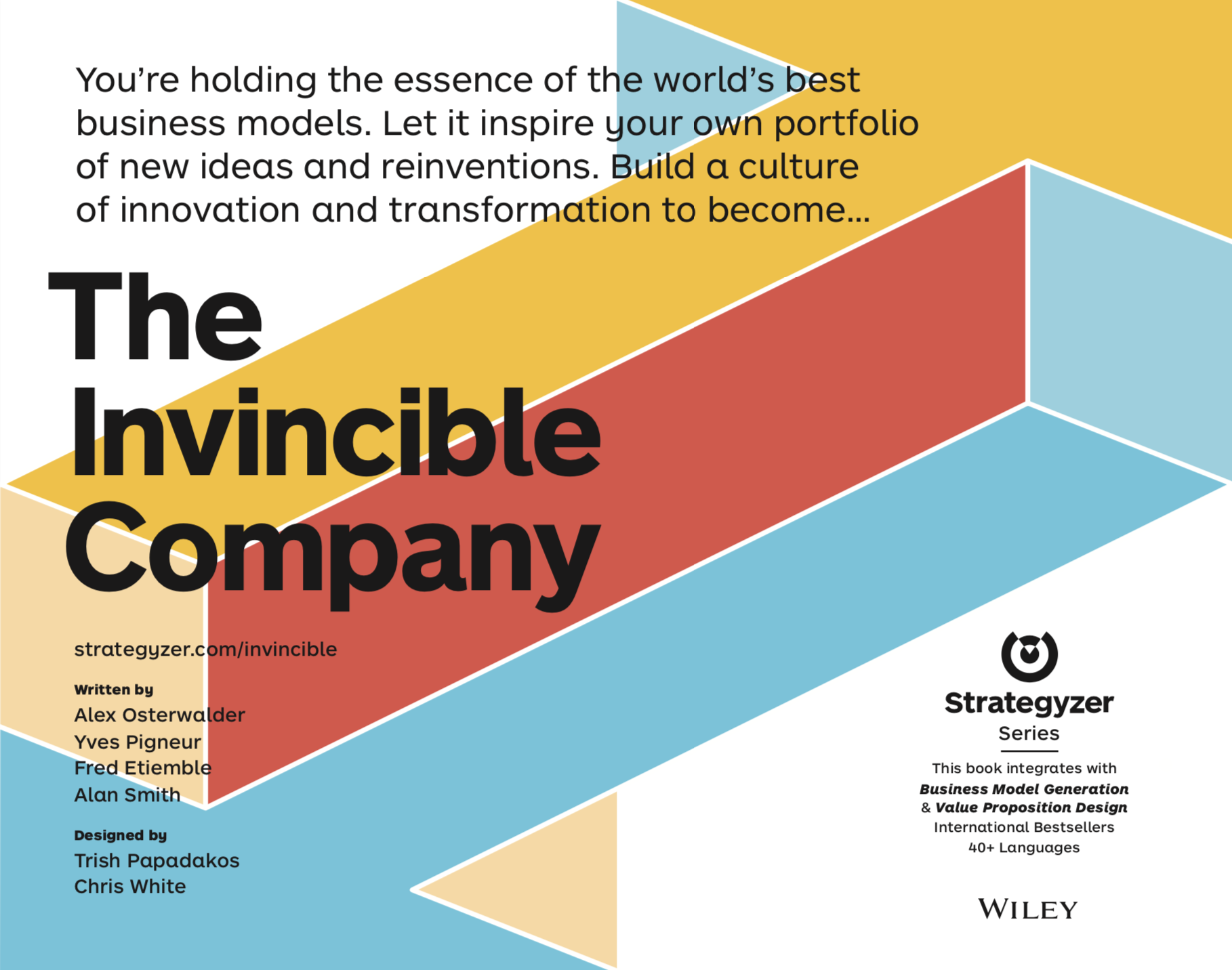Business/IT alignment engineering
Friday, October 6th, 2006INTEROP WORKSHOP
University of Geneva (Matis)
with Dr. Eric Dubois (CRPHT Luxembourg) and Dr. Michael Petit (Uni. Namur)
This workshop will deal with the business/IT alignment, its “strategic fit” between the strategic aspects and the organizational or process view, and its “function integration” between the business and the technology sides. The workshop is based on the assumption that an explicit business model and strategy map should help to align the business strategy, the organization structure and business processes, and the IS applications and IT infrastructure.
The workshop is structured according three main concepts, and mappings. The ’business model’ and “strategy map” provide a declarative view of the business in terms of financial aspects, value proposition for customers, and value configurations. The “application requirements” correspond to the user needs and specifications for designing and implementing applications. The ’business processes’ provide a more operational view on the how the business model is implemented in terms of transactions, actors in charge of the execution of these processes, and information flows between these processes. The workshop will also investigate the transformation and mappings between business model, application requirements, and business processes, according to different options related to the type of market, the trust existing between stakeholders, and the associated risk analysis, etc.
[slideshare id=529023&doc=gva10introduction-1217080007502788-9&w=300]




